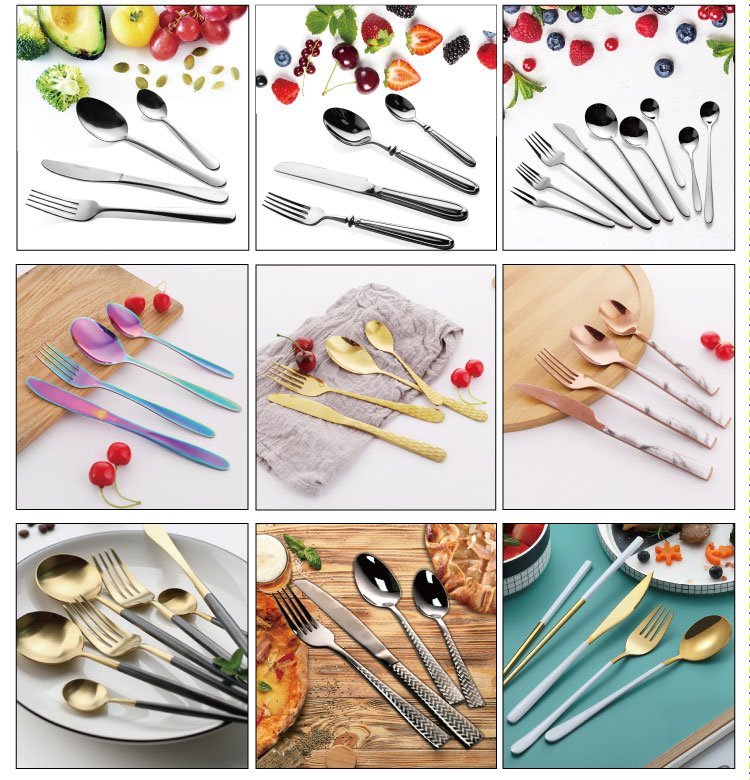Pulished on Jul. 24, 2021
When brown rust spots appear on the surface of stainless steel pipes, people are greatly surprised: they think that “stainless steel is not rusty, rust is not stainless steel, maybe there is a problem with steel quality”. In fact, this is a one-sided wrong view of the lack of understanding of stainless steel. Stainless steel will rust under certain conditions
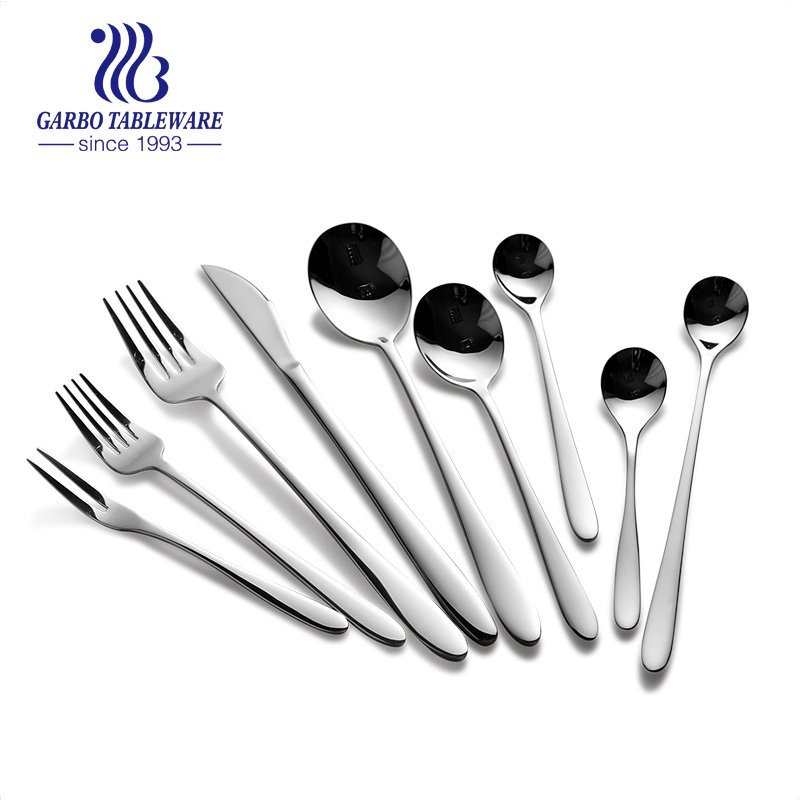
Stainless steel has the ability to resist atmospheric oxidation, that is, it is not rusty, but also has the ability to corrode in the medium containing acid, alkali and salt, that is, corrosion resistance. However, the corrosion resistance of the steel varies with its chemical composition, additive state, service condition and environmental medium type. For example, 304 steel pipe has absolutely excellent corrosion resistance in dry and clean atmosphere, but if it is moved to coastal area, it will rust quickly in sea fog containing a lot of salt; while 316 steel pipe performs well. Therefore, not any kind of stainless steel, in any environment can be resistant to corrosion, rust.
Stainless steel is formed on its surface by a layer of thin and firm, stable chromium rich oxide film (protective film), to prevent oxygen atoms from continuing to penetrate, continue to oxidize, and obtain the ability to resist corrosion. Once there is some reason, the film is constantly damaged, oxygen atoms in air or liquid will continue to penetrate or metal iron atoms will continue to separate out, forming loose iron oxide, the metal surface will be constantly corroded. There are many forms of destruction of the surface film.
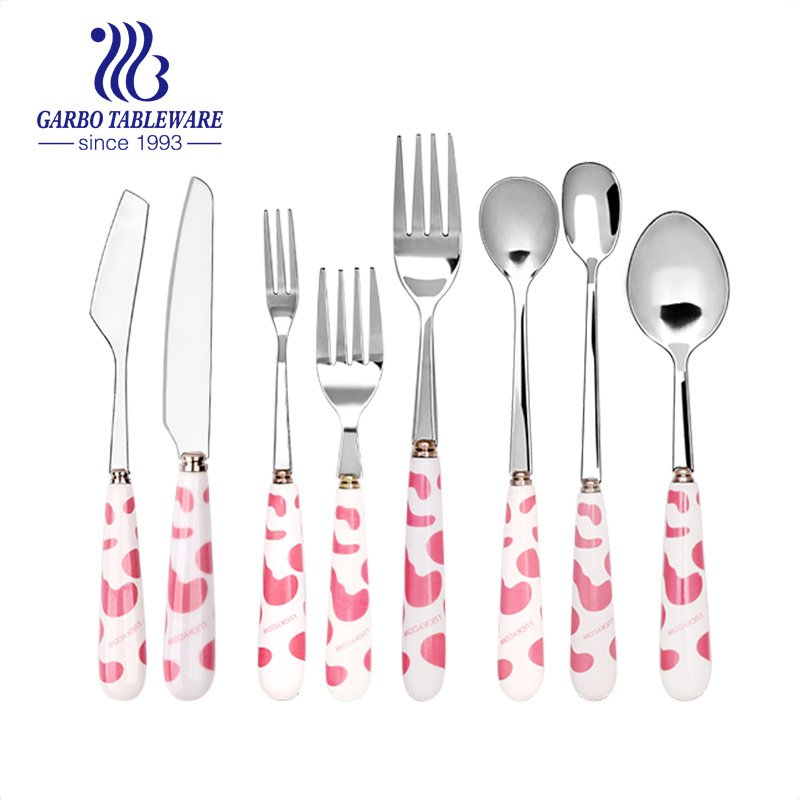
1. There are dust containing other metal elements or attachments of different metal particles on the surface of stainless steel. In humid air, the condensation water between the attachment and the stainless steel connects them to form a micro cell, which causes electrochemical reaction and damages the protective film, which is called electrochemical corrosion.
2. The surface of stainless steel adheres organic juice (such as melon and vegetable, noodle soup, phlegm, etc.) to form organic acid in the presence of water and oxygen, which will corrode the metal surface for a long time.
3. The adhesion of stainless steel surface contains acid, alkali and salt substances (such as alkali water and lime water splashing on the decoration wall), causing local corrosion.
4. In the polluted air (such as the atmosphere containing a large amount of sulfide, carbon oxide and nitrogen oxide), sulfuric acid, nitric acid and acetic acid liquid points will be formed when meeting condensate water, which will cause chemical corrosion.
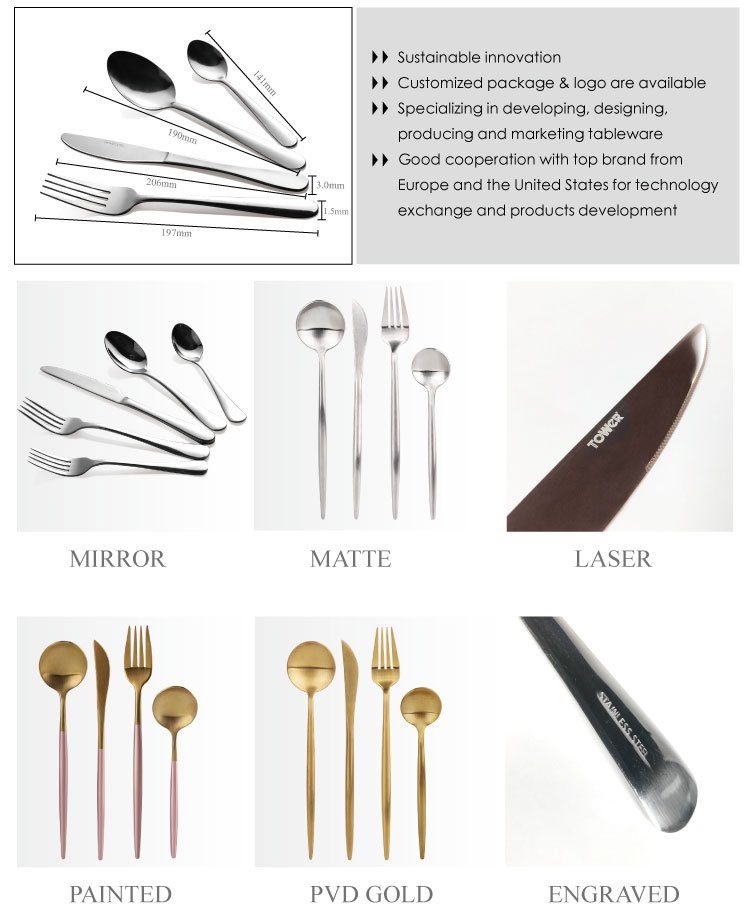
The above conditions can cause the damage of the protective film on the surface of stainless steel and cause corrosion. Therefore, in order to ensure that the metal surface is permanently bright and free from corrosion, we suggest that:
1. The surface of decorative stainless steel must be cleaned and scrubbed frequently to remove the attachments and eliminate the external factors causing the modification.
2. 316 stainless steel should be used in coastal area, which can resist seawater corrosion.
3. The chemical composition of some stainless steel tubes in the market can not meet the corresponding national standards, and can not meet the 304 material requirements. Therefore, it will also cause rust, which requires users to carefully select products from reputable manufacturers.
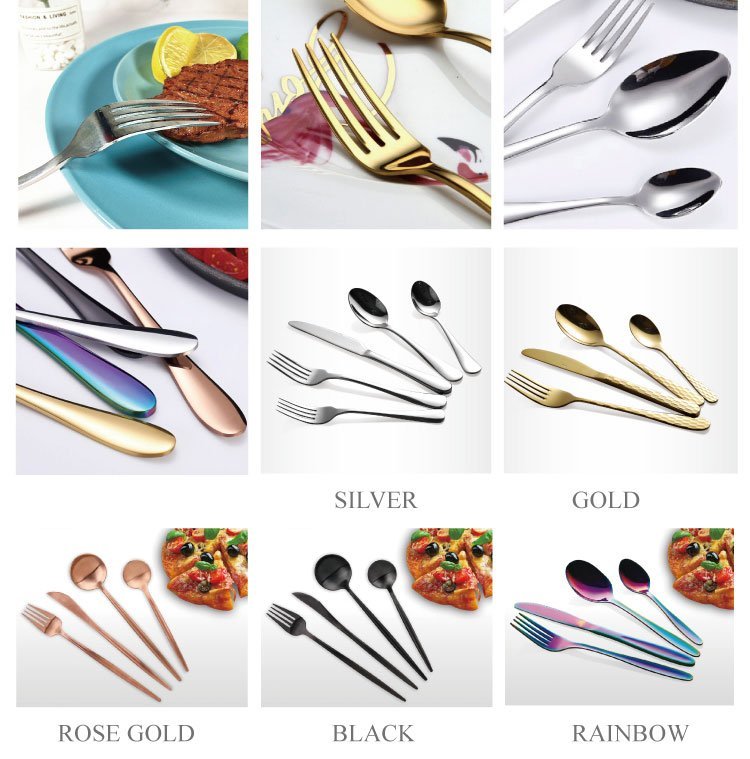
It is often thought that the magnet adsorbs stainless steel material to verify its merits and demerits. If it is not magnetized, it is considered to be good and the goods are genuine; if the magnet is magnetic, it is considered to be a fake. In fact, this is an extremely one-sided, impractical and wrong way to distinguish.
